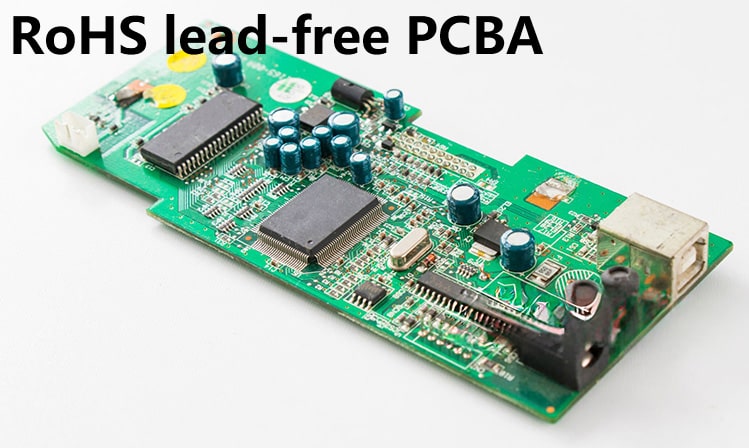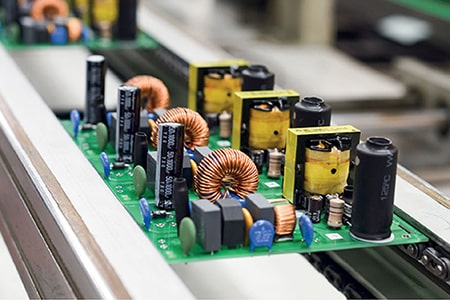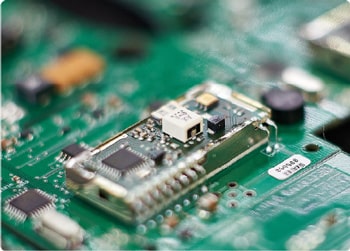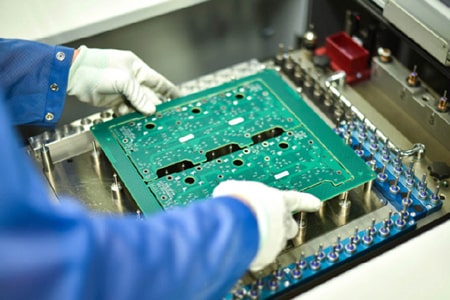RoHS lead-free in PCBA patch processing
RoHS lead-free means that lead-containing solder is not used in PCBA processing. Traditional solder usually contains lead, which is potentially harmful to the environment and human health. In response to environmental protection requirements, the RoHS directive stipulates that the use of lead in electronic equipment shall not exceed a certain limit.
RoHS lead-free in PCBA patch processing:
1. Lead-free soldering: In traditional soldering processes, lead-tin alloys are usually used to connect electronic components to PCBs. RoHS lead-free processes use lead-free soldering materials, such as tin-copper alloys, to replace lead-tin alloys. This can reduce the use of lead and ensure that the soldering connection meets RoHS requirements.
2. Material selection: RoHS lead-free processes require the use of lead-free electronic components and materials, including resistors, capacitors, connectors, ICs, etc. These components should comply with the requirements of the RoHS directive and do not contain restricted hazardous substances.
3. Process control: RoHS lead-free processes require strict process control and quality management to ensure the quality and reliability of lead-free soldering. This includes the control of soldering temperature, time and pressure to avoid soldering defects.

Advantages of using RoHS lead-free process for PCBA processing:
Reduced environmental pollution: By reducing the use of hazardous substances, the pollution of electronic products to the environment is reduced.
Improved product sustainability: Products that comply with the RoHS directive are more likely to gain market approval because they are more environmentally friendly than lead-containing products.
Improved product safety: Lead-free electronic products are safer because lead is harmful to health.
Compliance with international standards: Many countries and regions require imported electronic products to comply with RoHS standards. The use of lead-free processes can make it easier for products to enter the international market and comply with global environmental regulations.
Reduced long-term costs: Although the initial cost of lead-free solder and process equipment is higher, its environmental benefits and regulatory compliance advantages can reduce fines and market restrictions caused by non-compliance in long-term operations.
Technological progress: Lead-free solders generally require higher soldering temperatures, which has promoted technological advances in soldering equipment and processes, prompting manufacturers to improve product quality and production efficiency.
RoHS lead-free processes have become standard practices in the electronics manufacturing industry and have been widely adopted worldwide to meet environmental and regulatory requirements.







